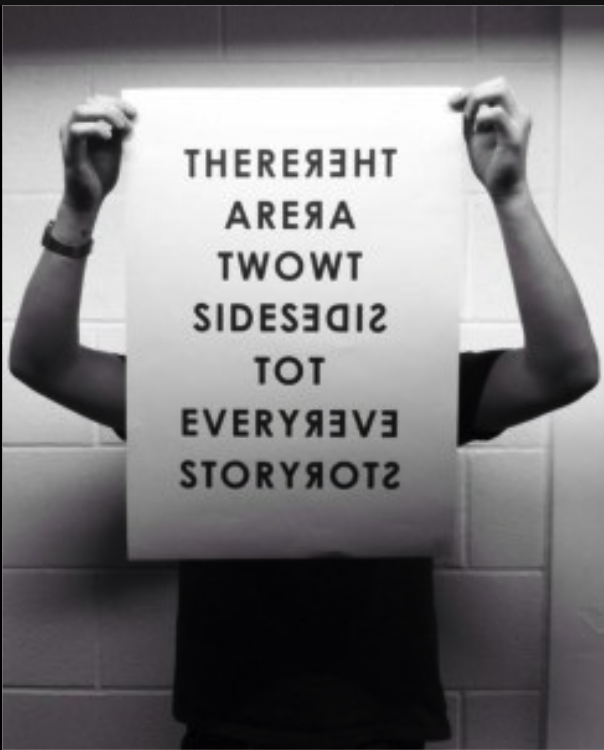The Spotlight Effect: Illuminating the Psychological Impact
The spotlight effect, a well-documented psychological phenomenon, describes our tendency to believe that we are more noticeable to others than we actually are. In other words, we often overestimate the degree to which people are paying attention to us, our actions, and our perceived flaws. This cognitive bias has profound psychological implications, affecting our self-esteem, social interactions, and overall well-being. One significant consequence of the spotlight effect is heightened social anxiety. When individuals believe that everyone is scrutinizing their every move and appearance, they may become overly self-conscious and anxious in social situations. For instance, a student who feels a pimple on their face is highly noticeable might avoid going to school, leading to isolation and missed opportunities. In addition, the spotlight effect can lead to excessive self-criticism and negative self-perception. Individuals may become preoccupied with their perceived flaws or mistakes...
